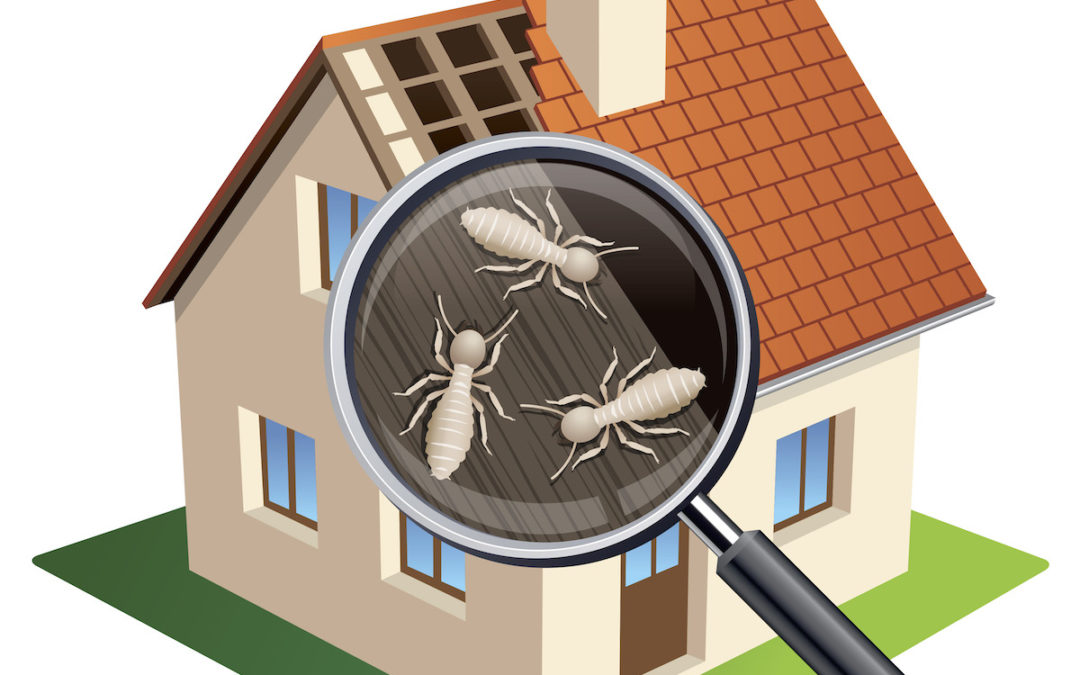Specialist Ant Control Services: Customized Therapies for Lasting Results
Wiki Article
Environmental Effect of Pest Control: Balancing Efficiency With Sustainability
The ecological impact of bug control is a crucial issue that requires a delicate equilibrium in between achieving efficiency in making certain and taking care of insects sustainability of our ecological communities. From the use of damaging chemicals that permeate right into our soil and water to the unplanned consequences on non-target types, the consequences of standard parasite control practices are far-ranging.Damaging Chemicals in Parasite Control
The application of hazardous chemicals in pest control positions significant environmental and wellness dangers that necessitate mindful consideration and mitigation strategies. Insecticides, pesticides, and herbicides are frequently utilized to eliminate insects, however their extensive application can cause unintended effects. These chemicals can contaminate dirt, water resources, and the air, influencing not just the targeted insects yet additionally advantageous bugs, wildlife, and people.
To deal with these dangers, integrated bug management (IPM) techniques are being advertised as a more lasting alternative. IPM includes a mix of approaches such as organic control, environment adjustment, and the targeted use of pesticides as a last resource (ant control lincolnton nc). By embracing an alternative method to pest control, we can decrease the ecological and health effects related to hazardous chemicals while effectively handling pest populations
Effect On Non-Target Species
Thinking about the unintentional effects of insect control techniques, the influence on non-target varieties is a critical element that requires complete examination. While insect control measures intend to target details insects, other organisms in the ecosystem might be inadvertently influenced. Non-target species, including valuable bugs, birds, mammals, and also plants, can experience indirect or straight injury from pesticide applications or biological control approaches.Insecticides created to combat a specific bug parasite might damage pollinators like bees or natural predators such as ladybugs. Organic control representatives, if not species-specific, can pose threats to unintentional targets, interfering with the environmental balance.
To mitigate the influence on non-target types, incorporated insect administration (IPM) techniques that emphasize an alternative approach to pest control are advised. These methods prioritize using eco-friendly practices, minimizing damage to beneficial organisms while efficiently handling pest populations. Performing comprehensive danger assessments and keeping track of the outcomes of bug control initiatives are necessary actions in protecting non-target species and promoting general ecological community health.
Dirt and Water Contamination
Unexpected ecological repercussions of parasite control methods extend beyond influencing non-target species, with considerable ramifications for dirt and water contamination - termite control. Chemicals, herbicides, and chemical plant foods utilized in insect control can seep into the dirt and infect groundwater, presenting a hazard to both terrestrial and aquatic ecosystems.Water contamination is another important concern linked with parasite control techniques. To minimize dirt and water contamination from insect control activities, integrated parasite monitoring approaches that focus on sustainability and lessen chemical inputs are important.
Air Contamination From Pesticide Use
Exposure to air-borne pesticides during farming applications presents a considerable concern for air pollution control actions. When chemicals are splashed onto plants, they can volatilize right into the air and type unstable organic substances (VOCs) and other air-borne toxins. These chemicals can contribute to the development of ground-level ozone, a major element of smog that can have detrimental results on human health and wellness, crop performance, and overall air quality. Furthermore, pesticide drift, where chemicals are lugged by the wind to unexpected areas, can lead to the contamination of nearby environments and water bodies.
Approaches for Sustainable Bug Control
In the world of farming practices, executing lasting bug control strategies is extremely important for maintaining environmental balance and securing plant returns. Lasting bug control emphasizes making use of eco-friendly techniques to handle bug populaces effectively while reducing damage to non-target microorganisms and ecological communities. Integrated Pest Management (IPM) is a widely taken on strategy that combines biological, cultural, physical, and chemical control methods to accomplish lasting parasite administration solutions.Crop turning and diversity are also reliable methods to interfere with pest life cycles and produce less desirable conditions for pests to prosper. Ultimately, by incorporating these sustainable bug control techniques, farmers can accomplish an equilibrium between pest management performance and environmental stewardship.
Conclusion
To conclude, the environmental influence of insect control approaches must be meticulously thought about to stabilize effectiveness with sustainability. Damaging chemicals used in parasite control can result in dirt and water contamination, air contamination, and harm non-target types - termite control services. It is essential to carry out sustainable parasite control techniques to lessen these adverse effects on the environment and promote a healthier ecosystem for future generationsBy embracing an all natural strategy to pest control, we can minimize the environmental and health and wellness effects connected with hazardous chemicals while successfully taking care of pest populaces.
To minimize the air pollution created by pesticide use, it is essential to embrace incorporated bug monitoring techniques that focus on the usage of non-chemical parasite control techniques, such as crop turning, all-natural killers, and immune crop selections. Sustainable bug control emphasizes the usage of eco friendly techniques to take care of bug populations properly while lessening harm to non-target microorganisms and communities. Integrated Bug Monitoring (IPM) is a widely embraced technique that look at this site incorporates biological, cultural, physical, and chemical control techniques to attain lasting pest administration options.
Report this wiki page